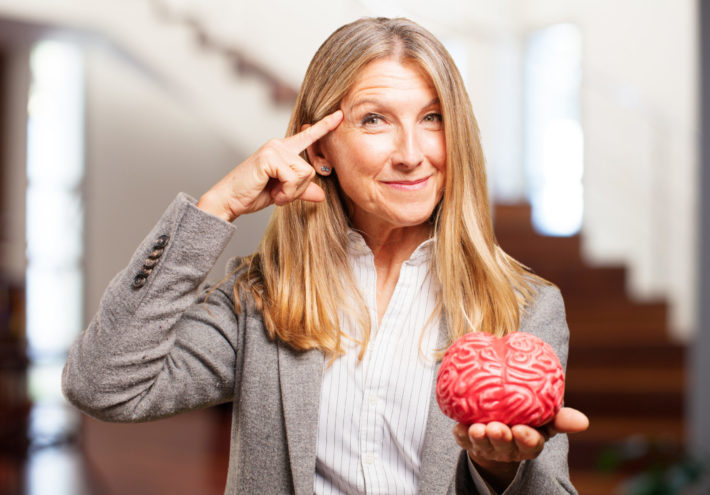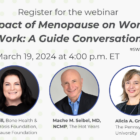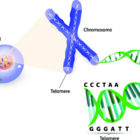
If you’ve been through menopause or know someone who has, you likely know menopause can make you a hot mess or cause other symptoms that can affect your mood. But does it cause women to become “hysterical” and transform them into a ‘mental mess?’
The answer is a resounding No!
But mood and mental health and menopause have been tightly linked in high-income countries since at least 1816 when Charles-Pierre-Louis de Gardanne wrote in 1816 that “hysteria, or nervous affection of the uterus” was a typical symptom of the menopause. The words hysterectomy and hysteria are derived from the Greek word “hystera,” meaning womb.
A new study in the British journal Lancet studied the association between menopause and mental health by summarizing 12 large previously reported studies to arrive at their conclusions. A few key points of the study are below:
- All the hype about menopause leading to anxiety and depression may shape a woman’s expectations and experiences
- Psychological symptoms are not an absolute, though some anxiety and depressive symptoms are common
- If you are a woman who has severe hot flashes, chronically can’t sleep, your life is a stressful mess or you’ve been previously clinically depressed, it will put you at more risk of depression in menopause. How could it not?
- Psychological symptoms that occur during the menopause transition may not be due to hormonal changes; but if they are, using hormonal treatments may significantly improve symptoms
- Not in this study, but from my own experience spending six years treating women in a psychiatry department who were entering perimenopause or menopause and had a previously existing mental health diagnosis, treating the menopausal symptoms may make controlling their mental health diagnosis much easier to manage
The authors of the study point out that only 6-8 percent of U.S. trainee physicians felt that they were adequately trained to treat menopause symptoms. Another study not mentioned in the study found that that only 30 percent of OB/GYN trainees receive any training in menopause.
To me, the most important points that this study brings out are that:
- Menopause may affect a woman’s mental health, especially if she has had a prior episode of depression or her symptoms are out of control.
- Clinicians need more training in menopause and until they receive it, send their perimenopause and menopause patients to clinicians who do have adequate training.
- 85 percent of women going through menopause will have mild to moderate symptoms and 10-15 percent will have severe menopause symptoms. Clinicians need to be ready for that and offer treatments or referrals for assistance.
- Because every woman who lives long enough will go through menopause, which can affect the woman personally, affect her relationships, and affect her if she is a working woman, more attention should be given to menopause and mental health both at home and at work.
If you would like an easy to understand guide on menopause symptoms and how to treat them, CLICK HERE to receive a 50 percent discount on Dr. Mache’s Menopause Guidebook.



